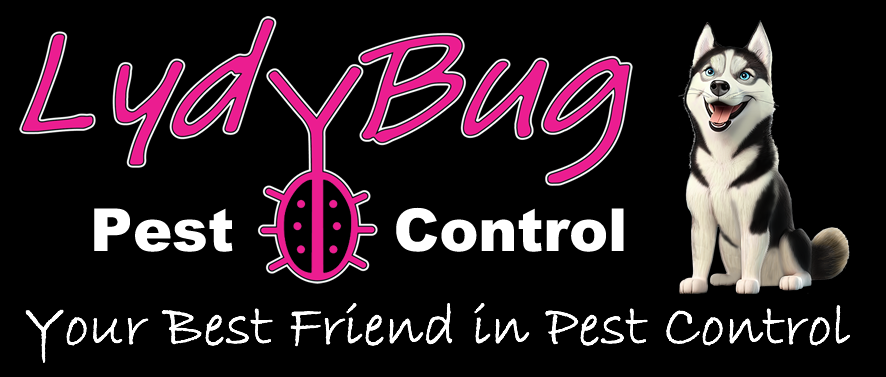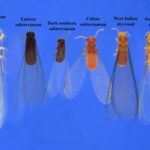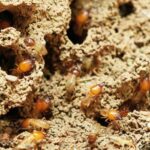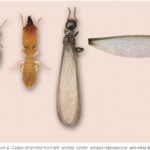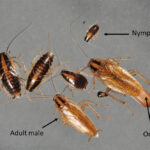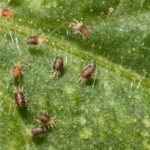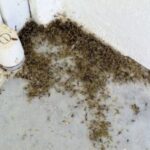A well-manicured lawn can be a source of pride and enjoyment for many homeowners. However, it takes some work to maintain the lush green grass that everyone dreams of having. Aside from regular mowing and watering, fertilizing is an essential task that can make or break the look of your lawn. With so many lawn fertilizers in the market today, choosing the best one for your grass can be daunting. In this post, we’ll explore the different types of lawn fertilizers and their advantages, as well as tips for choosing the right one for your lawn.

Nitrogen-based fertilizers
Nitrogen is a crucial nutrient that promotes the growth and overall health of grass. Nitrogen-based fertilizers are typically the most popular type of lawn fertilizer and for good reason. They are fast-acting, providing results in as little as a week, and help to revive dull, lifeless grass. However, it’s important to note that too much nitrogen fertilizer can burn your grass and harm the environment. Opt for a slow-release formula, and avoid applying it during hot and dry periods.
Phosphorus-based fertilizers
Phosphorus is essential for root growth and flower production. Phosphorus-based fertilizers are best applied in the fall when the grass is less active above ground, but still actively growing its roots. They can also be beneficial for newly seeded lawns or areas with poor soil. However, in many regions, phosphorus is already abundant in the soil, so be sure to test your soil before buying a phosphorus-based fertilizer.
Potassium-based fertilizers
Potassium is crucial for grass disease resistance, stress tolerance, and water retention. Potassium-based fertilizers can help improve the overall health and vitality of your lawn. They are best applied in the fall or winter to promote root growth and prepare the grass for winter dormancy.
Organic fertilizers
Organic fertilizers are made from natural sources such as compost, bone meal, and blood meal. They are environmentally friendly and help to improve soil structure and health. However, organic fertilizers are often slower to act and require more frequent application than synthetic fertilizers.
Synthetic fertilizers
Synthetic fertilizers are made of chemically processed nutrients and are often fast-acting. They are typically less expensive than organic options, but they can harm the environment and soil health in the long run. Synthetic fertilizers can also lead to excessive growth, which results in more mowing and maintenance.
Conclusion
Choosing the best lawn fertilizer requires an understanding of your lawn’s specific needs and the various types of fertilizers available. Whether you choose a nitrogen-based, phosphorus-based, potassium-based, organic, or synthetic fertilizer, be sure to follow the recommended application rates and timing. And remember that moderation is key – too much fertilizer can harm your lawn and the environment. By choosing the right lawn fertilizer and maintaining a healthy, well-balanced lawn, you can enjoy a luscious, green yard all year round.
If you’re looking for a professional, reliable lawn fertilization service, look no further than LydyBug Pest Control. Our experienced team of experts can tailor an individualized lawn care plan that utilizes the ideal fertilizer to promote lush, green grass year-round. We utilize advanced, environmentally-friendly products and techniques to ensure maximum efficiency and success. Contact us today to get started!

